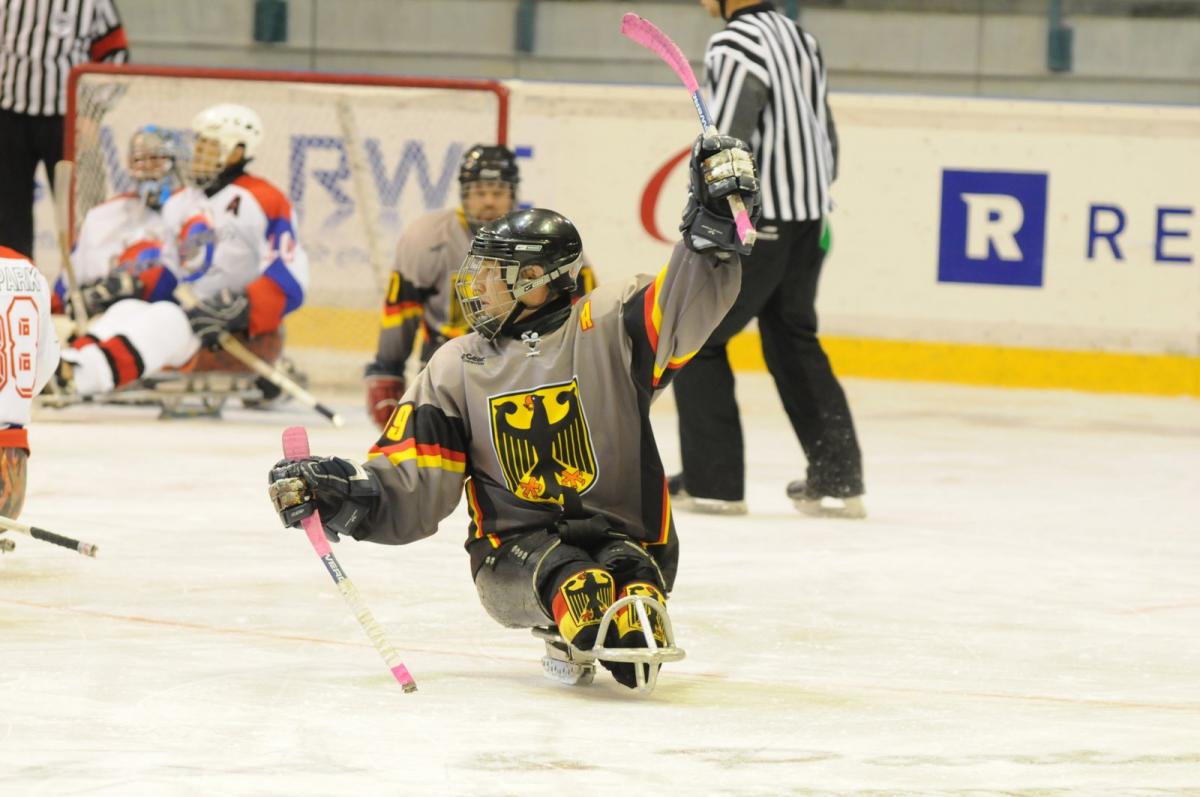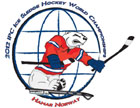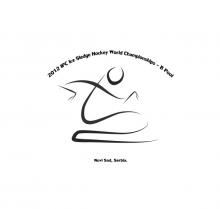Germany’s road to Sochi 2014 starts in Novi Sad
After failing to make the Vancouver 2010 Paralympic Winter Games and falling to the B Pool, Germany’s ice sledge hockey team are fighting their way back to the big stage. 13 Nov 2012
After missing out on the Vancouver 2010 Winter Paralympic Games, Germany's ice sledge hockey team is ready to make a run at Sochi 2014.
“We have to come to be a team. The best players aren’t the ones who necessarily win the games, but the ones who are able to play one game after the other as a team.”
Germany’s ice sledge hockey programme is eager to make another run at the Paralympic Winter Games after missing out on Vancouver 2010.
The delegation fell just one place short at the 2009 IPC Ice Sledge Hockey qualification tournament, finishing behind Sweden and South Korea, both of which advanced to the Games.
The last – and only time – Germany played in the Paralympics, they finished fourth at Torino 2006.
With Jorg Wedde and Franck Rennhack now strong veterans on the squad and a new coach this year, Germany’s road to qualifying for Sochi 2014 begins on Tuesday (13 November) at the 2012 IPC Ice Sledge Hockey B Pool World Championships in Novi Sad, Serbia.
“We were not happy a couple years ago, so we said, ‘OK,’ let’s start again and make a new team,” Wedde said. “We are aiming for first or second place in Serbia.”
Andreas Pokorny, former able-bodied player for nine seasons in Germany’s ice hockey league, has taken over the head coaching position for the nation’s sledge team.
“We feel the difference because of his high level,” Rennhack said of the coaching replacement.
The only two times Germany won medals on the international stage were gold at the 2005 European Championships and bronze at the 2007 European Championships.
Wedde has been a part of the team since 2003, while Rennhack joined the squad just a year later, and now the pair will look to lead the team late in their careers.
Wedde is a double-leg amputee who lost both his legs when he was run over by a train at the age of 12. Now team captain, the Hannover native wants to bring his squad together rather than flaunt individual talents.
“I never say any names,” he said. “We have to come to be a team. The best players aren’t the ones who necessarily win the games, but the ones who are able to play one game after the other as a team.”
Rennhack, meanwhile, was only 15 years old when he made his national team debut 12 years ago, and he is still the youngest player to have ever joined Germany’s domestic league.
Both Wedde and Rennhack insist the team’s defensive skills are honed and they are quick on the ice, but that Germany’s weakness lies in technical plays on the offensive end, where Sebastian Kessler will be depended on quite a bit to slip the puck into the net.
Russia and Sweden will most likely be their toughest opponents in Novi Sad, so the Germans hope to outplay the Netherlands in the tournament’s opening game on Tuesday (13 November) at 17:00 to get the momentum rolling early.
“I think if we go in the first game and win it, that will lead to good results for the rest of the tournament,” Wedde said.

 Facebook
Facebook
 Instagram
Instagram
 Twitter
Twitter
 Youtube
Youtube
 TikTok
TikTok
 Newsletter Subscribe
Newsletter Subscribe

